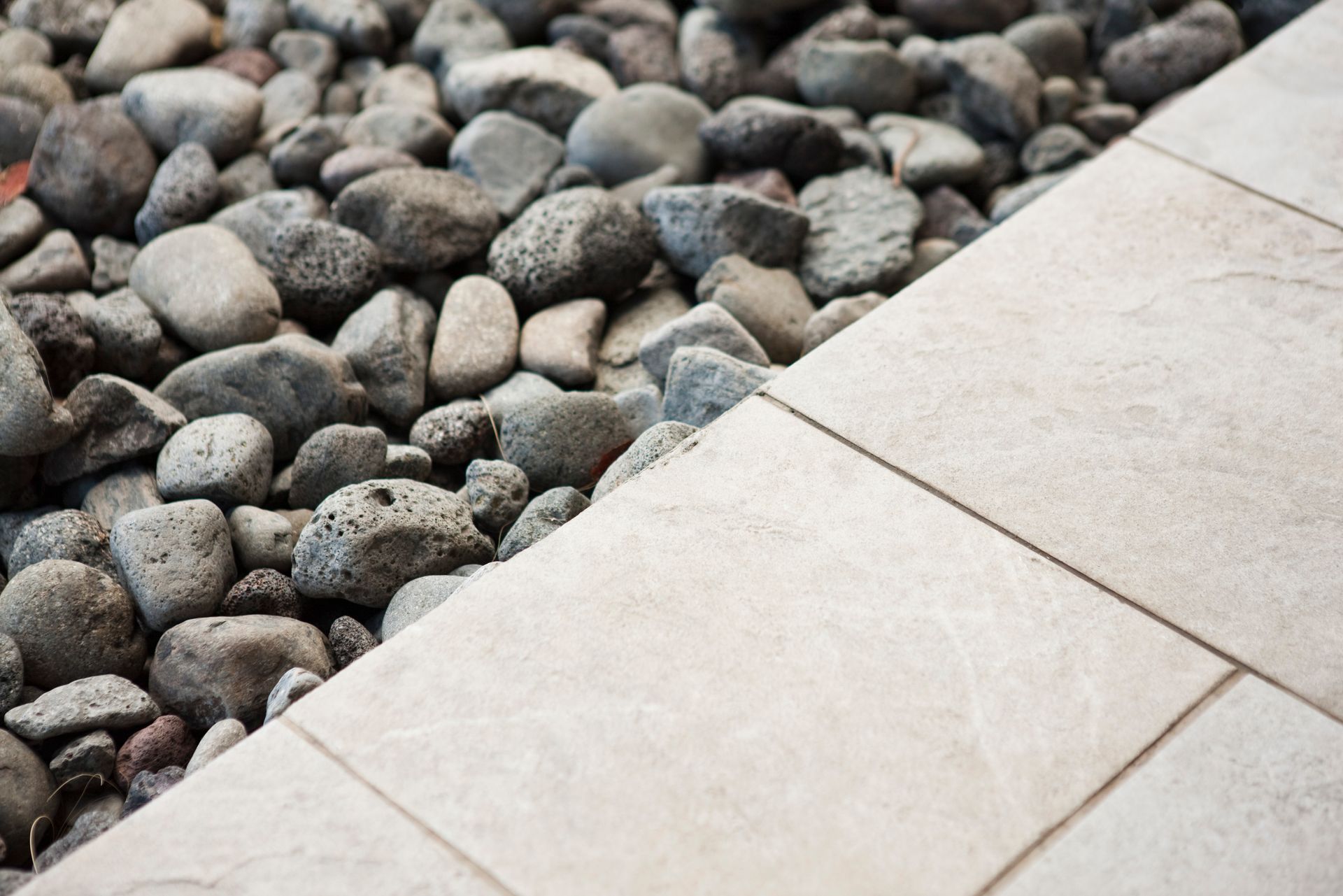The Environmental Benefits of Using Gravel in Construction and Landscaping

When it comes to eco-friendly building and landscaping materials, gravel is often an underrated choice. However, more and more environmentally-conscious homeowners and contractors are realizing the benefits of using gravel for a wide range of projects. From enhancing drainage to controlling erosion, gravel has a host of advantages that make it both practical and sustainable. Let's explore why using gravel could be the right choice for your next construction or landscaping project.
1. Gravel Supports Natural Drainage
One of the major environmental benefits of using gravel in construction and landscaping is its ability to promote natural drainage. Gravel allows water to flow through the soil, which helps prevent runoff and reduces the risk of flooding. By using gravel in driveways, walkways, or even as a base for patios, you're encouraging water to return to the ground naturally. This reduces the strain on stormwater systems and helps maintain the health of local water tables.
Additionally, the use of gravel in construction projects can aid in reducing surface water buildup, which can otherwise lead to soil erosion or foundation issues. For homeowners or contractors looking to create sustainable landscapes, gravel is an excellent choice for controlling excess water.
2. Gravel Helps Control Erosion
Erosion control is another key benefit of using gravel, especially in areas with sloped terrain. Gravel helps keep soil in place, preventing erosion from rain and wind. This is particularly useful in landscaping where maintaining the integrity of the soil is essential to the health of plants and trees.
For construction projects, laying gravel as a base layer or surrounding certain structures can also help in stabilizing the area. Gravel pathways, for example, are a sustainable way to create durable, erosion-resistant walking surfaces. With gravel you can easily incorporate this eco-friendly material into any project designed to reduce soil erosion.
3. Gravel Is a Long-Lasting and Recyclable Material
Gravel is a natural, durable material that requires minimal processing, which makes it an environmentally friendly option from the start. Unlike other building materials that need frequent replacement or repairs, gravel stands the test of time. Its longevity means fewer replacements and lower overall environmental impact.
Moreover, gravel is fully recyclable. When a gravel surface or base layer reaches the end of its life, it can often be reused in other projects. This makes gravel a versatile material for environmentally conscious contractors who are committed to reducing waste.
4. Enhances Permeable Landscaping Solutions
Permeable landscaping is an eco-friendly solution that allows water to penetrate the ground, reducing runoff and minimizing the strain on sewer systems. Gravel is a key component in creating permeable driveways, patios, and walkways. By choosing gravel over non-porous materials like concrete or asphalt, you can help prevent water pollution and reduce the heat island effect in urban areas.
Conclusion
Gravel is an eco-friendly material that supports natural drainage, prevents erosion, and offers long-lasting durability. Whether you're a homeowner enhancing your yard, or a contractor focused on sustainable building practices, gravel can play a key role in your environmentally-friendly project.
For high-quality gravel delivery in Cincinnati, OH, contact Ashcraft Sand & Gravel today. Give us a call at (513) 367-5700 or visit our website at for more information on how we can help with your next project.
